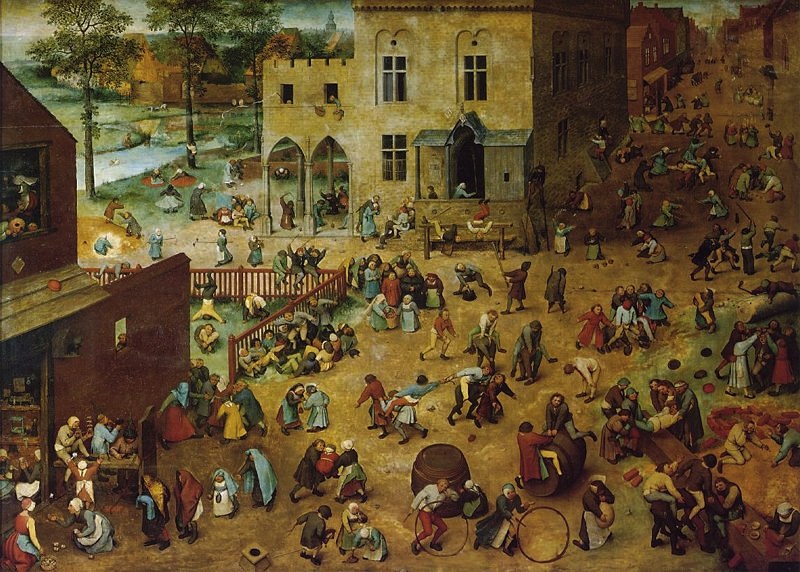
This week Stephen Swanson lets out his supreme hatred of Nazis. No, it doesn't have anything to do with his dislike of efficient extermination of whole peoples. Nor is it a reaction against the Sieg Heil, in both the formal and informal forms. It's more...so much more.
Reason 1: They are Everywhere.
I'm not the first observer to notice that Nazis and talk of Nazis are everywhere. You can't kick a looted Luger without running into a video game, pundit, protest sign, movie, or documentary mentioning Nazis.
This is too much! I know that in the 1980s, we had the brief flirtation with drug dealers as the bad guys, but that petered out despite the attempt of Miami Vice (2006) to bring it back hard on board numerous "go-fast" boats.
The Nazi's just won't die! I've spent hours sniping them in Medal of Honor and before that in Castle Wolfenstein. They just coming and coming.
Reason #2: They've Taken Over
No, I know that "we" won, and even in today's divisive political arena, most people think Nazi's are bad. However, right there is the problem!
"Nazi=Bad" has become "Bad=Nazi". Anyone who was awake in formal logic class (Oh right, NCLB doesn't really emphasize logic and many colleges are decimating their philosophy departments)...umm, anyway, people should realize that just because B follows A does not mean that A follows B.
And for these people, I have one message:
Stop Referring to Everyone You Don't Like as a Nazi!
Don't compare them to Nazis, unless they are actually similar to the National Socialism of the 1920s-40s.
Hey, you, Teapartier, Obama is not like Hitler. He's just not. Hitler came to power using the rhetoric of fear of foreigners and difference to correct the post WWI economic crisis in Germany.
Hey, student writing a paper for my class, anyone who commits genocide is not a Nazi. They might be bad people that Americans should speak out against and maybe use force to contain and destroy, but you can't call everyone a Nazi.
Hey, liberal protester in Ottawa, Ann Coulter is not a Nazi. Yes, she does seem to fit the ideal of beauty. She is Wagnerian in many ways. Yes, she does look a bit like Leni Riefenstahl. Yes, she does use race and class as divisive methods to build up a strong nationalist base bent on eliminating the "Other" usually by violence or force.
Ok, you might get away with that one.
The Point: Nazis are Destroying Our Language from Beyond the Grave
The English language is a pain in the tuckus, but as this sentence implies, it's strength and vitality comes from its ability to incorporate and accept a wide range of words and meanings from other languages. This provides an sense of subtlety and nuance that comes with the blending of language.
In recent years, I've noticed that my students have no sense of nuance. They reach for the brightest, boldest, and clearest example within reach, which perhaps explains the Googling of everything. Because of this, we, collectively are losing our ability to draw from a diversity of evil and suffering in the history of the world.
There are tons of bad people in our own history and from around the world. Why are we outsourcing to Germany and not friendly, efficient, welcoming Germany of National Lampoon's European Vacation (You know what I mean) or even of today. We go with the Germans of the 1930s and 40s?! We can do better when creating analogies and effigies.
Sadly, I guess the seeds of over generalization of evil were already there at our beginning. Even then, the "patriots" defined a "tyrant" as their rightful monarch who wanted them to pay taxes like every other colony in the British Empire.
Maybe I'm naive, but we're Americans! Our country was founded by people who stuffed straw in sacks, put a crown on it, and called it "George" as they set it alight. Now, we let people in the Middle East doing all of our flag burning and effigies.
I'm better than that! You're better than that! We're better than that!
***
Stephen Swanson teaches as an assistant professor of English at McLennan Community College. Aside from guiding students through the pitfalls of college writing and literature, he spends most of his time trying to remain aware of popular culture, cooking, and enjoying time with his wife and son. He holds degrees in Communications (Calvin College), Film Studies (Central Michigan University), and Media and American Culture Studies (Bowling Green State University. In addition to editing a collection, Battleground States: Scholarship in Contemporary America, he has forthcoming projects on Johnny Cash and depiction of ethics in detective narratives.




